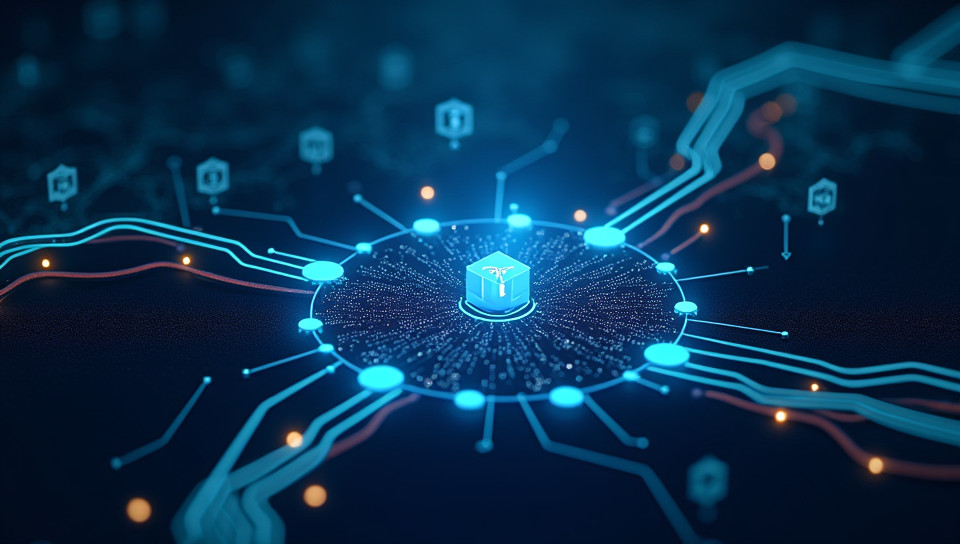Internet service providers control internet traffic 79%

The Dark Side of the Internet: How ISPs Control Your Online Experience
Have you ever wondered why some websites load faster than others on your internet connection? Or why your favorite streaming service keeps buffering, even with a reliable connection? The answer lies in the hands of your Internet Service Provider (ISP). In this article, we'll delve into the world of ISP control and how it affects your online experience.
What is an Internet Service Provider?
An Internet Service Provider is a company that provides internet access to consumers. They offer various services such as dial-up, DSL, cable, fiber-optic, and mobile broadband. ISPs are responsible for maintaining the infrastructure that connects users to the global network, including servers, routers, and cables.
The Power of ISP Control
ISPs have significant control over your online experience. Here's how:
- They can throttle your internet speed
- They can block certain websites or online services
- They can redirect your traffic through their own proxy servers
- They can collect and sell your personal data
Why Do ISPs Control Internet Traffic?
ISPs control internet traffic for various reasons, including:
- Revenue generation: By throttling speeds and collecting data, ISPs can generate additional revenue.
- Network management: ISPs need to manage their network resources efficiently to ensure a smooth user experience.
- Content protection: ISPs may block certain websites or online services to protect copyrighted content.
The Impact of ISP Control
The impact of ISP control on the internet is far-reaching. It affects not only individual users but also businesses and governments. Here are some examples:
- Slow loading speeds: Throttled speeds can slow down your browsing experience, making it difficult to access important information.
- Limited online freedom: Blocked websites or online services can limit your ability to access certain content or communicate with others.
- Data privacy concerns: The collection and sale of personal data can compromise your online security and anonymity.
What Can You Do?
While ISPs have significant control over internet traffic, there are steps you can take to protect yourself:
- Use a virtual private network (VPN): A VPN can help mask your IP address and encrypt your online activity.
- Choose an ISP that prioritizes net neutrality: Look for ISPs that do not throttle speeds or block certain websites.
- Use alternative internet services: Consider using alternative internet services, such as satellite internet or mobile broadband.
Conclusion
The control exerted by Internet Service Providers over internet traffic is a complex issue with far-reaching consequences. By understanding how ISPs operate and the impact of their control, you can take steps to protect yourself and advocate for net neutrality. Remember, your online experience matters, and it's time to take back control.
- Created by: Daniel Ciobanu
- Created at: Sept. 17, 2024, 11:48 p.m.
- ID: 10040



